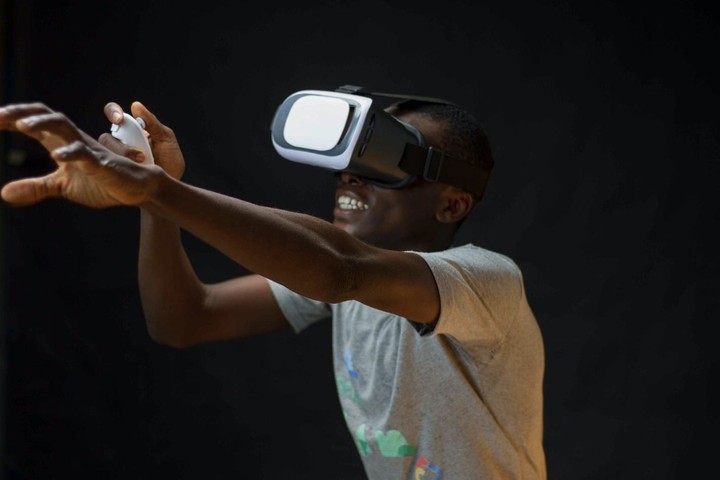
Remember Back to the Future and how advanced everyone thought Marty McFly’s world was? Comparing that movie to how we work and get things done in our personal lives today is not far off from what we saw in the 1985 film. Think about it: Face-to-face phone calls, thumbprint security features, utilizing a variety of personal, battery-driven means (like scooters) for transportation, in many ways we’re living what was once considered a futuristic lifestyle. While most of these revolutionary technologies have blended into our lives in such a way that feels normal, some technologies - like Virtual Reality (VR) - continue to come across as out-of-this-world. That said, Virtual Reality is projected to have the highest potential for growth given how widespread the technology is and how much value it adds across industries. Here are three reasons why VR is the future, and how it may impact your life soon (if it hasn’t done so already).
1. Prepare Employees Better And Faster
There are not many ways to make employees work better and learn faster. People often learn through experience, but it may take years before an employee encounters a certain work situation. And by then, any soft skills training they were taught is either buried in the back of their brain or completely forgotten. This is where an immersive learning technology like VR can be extremely valuable. Putting employees in a digital environment allows them to apply their skills training immediately and practice it until it becomes a natural, normal part of their behavior. Simulations also benefit the employer as it saves money and reduces risk. Think about it: VR is a much more time efficient way to conduct and manage training. Additionally, by observing and monitoring employees and their reactions through VR environments, employers are able to prepare for responses in advance and make alterations to adjust training avoiding potential harms to staff. This drastically reduces risk and fosters the opportunity for innovative solutions as ideas can easily be tested in virtual environments.
2. A New Way To Meet People And Socialize
Remember when online dating was considered taboo? Now it seems like the only way to meet a partner or friend is through dating apps like Bumble or social media platforms like Facebook. The internet has broadened our scope of who we can meet and where. With a few clicks and swipes, a person can instantly meet up with someone in their neighborhood or chat with a person on a completely different continent. Think of VR as the next step when it comes to meeting strangers or socializing with friends. Some of the most popular VR-based social platforms that currently exist include VR Chat and Rec Room, and more continue to develop. While VR won’t necessarily replace the meaningful ways we connect with people in the real world, it’s not unlikely that more of our social interactions will move into the virtual environment - especially as the technology becomes more mainstream.
3. Advancing Science
The value VR adds spans across industries, but one of the areas it’s making a serious impact is how it's advancing science. For example, did you know VR allows scientists, doctors, and researchers to virtually collaborate on drug design with people who aren’t even in the same room? This means experts can work together with colleagues around the world to solve pressing problems faster. Then there’s visionary organizations like NASA that are using VR to help astronauts prepare for space. Actually they (along with crowdsourcing platform HeroX) recently launched a $70,000 prize challenge called “NASA MarsXR Challenge” to find developers to contribute to a new Virtual Reality environment to help prepare for Martian explorations! We’re just beginning to scratch the surface on how VR will impact our future. But it’s clear that as time goes on, VR innovation will not only multiply but eventually become a normal part of our everyday lives. So much so, Marty McFly might think we’re the ones living in a futuristic world.








